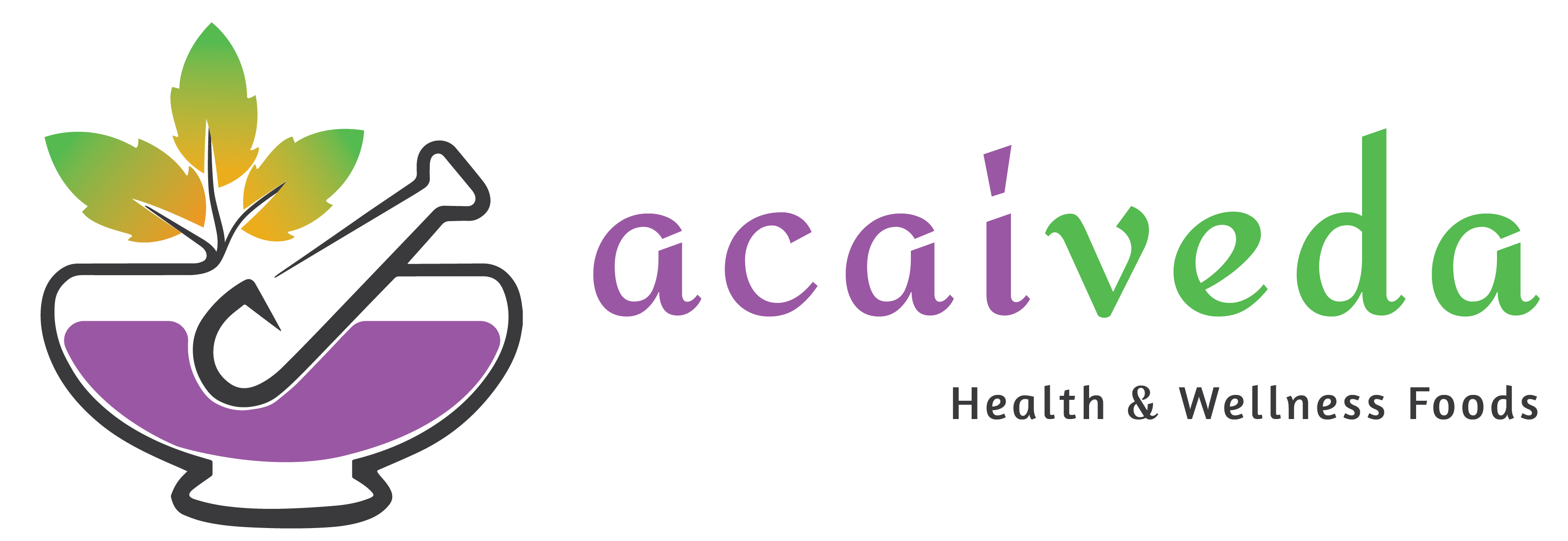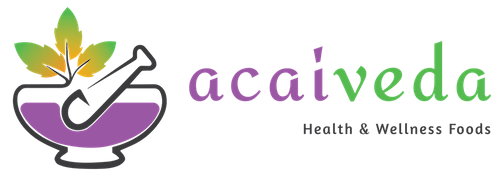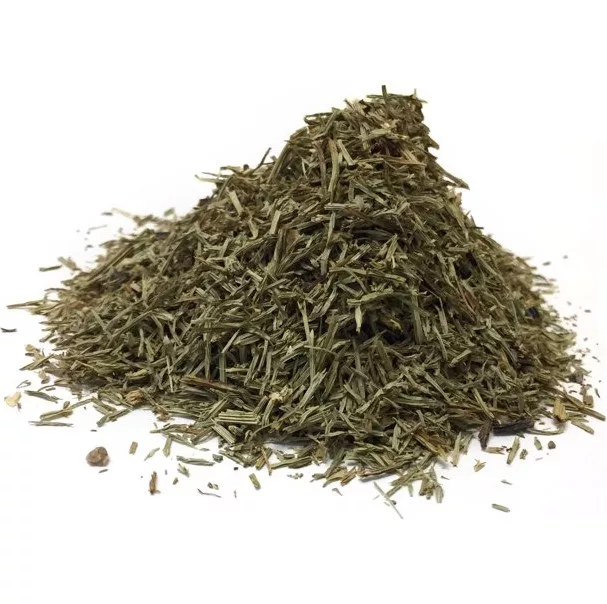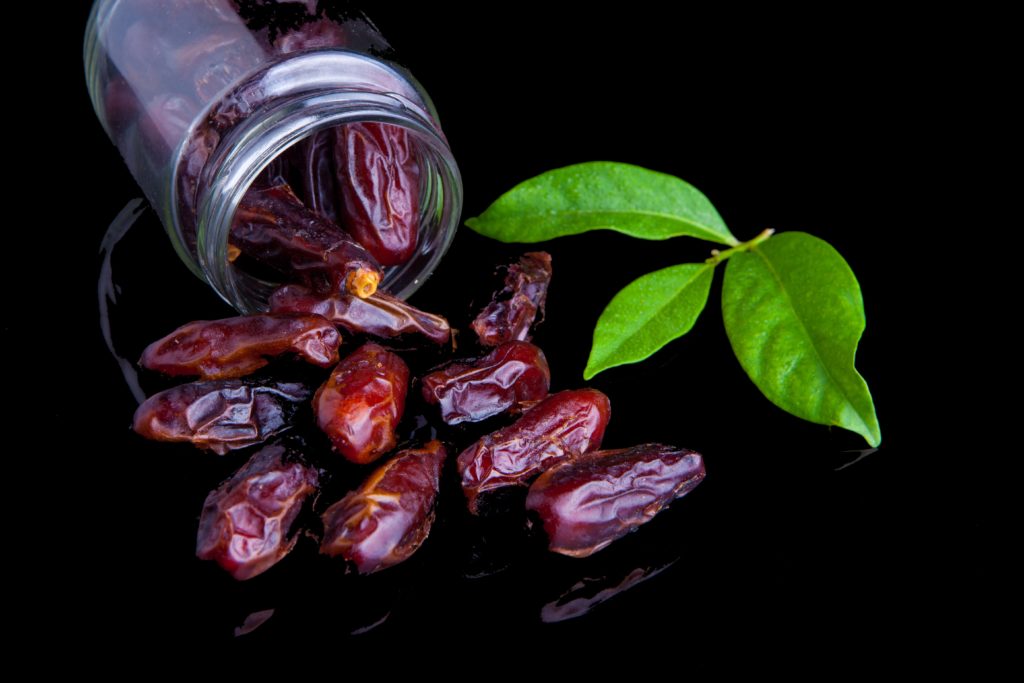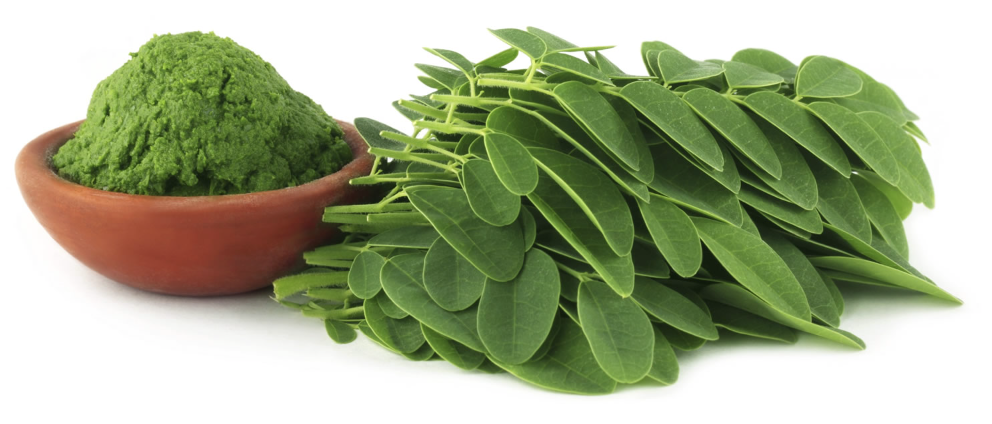
MORINGA: NATURE’S ANSWER TO OPTIMAL HEALTH
WHAT IS THE HISTORY OF MORINGA?
Moringa, also known as the “Miracle Tree”, is a plant species that is native to the sub-Himalayan regions of India, Pakistan, Bangladesh, and Afghanistan. Its use as a source of food and medicine dates back thousands of years, with early civilizations utilizing its leaves, seeds, and roots for various purposes.
In ancient India, the leaves, seeds, and roots of the moringa tree were used in Ayurvedic medicine to treat a wide range of conditions such as inflammation, diabetes, and heart disease. The ancient Egyptians also used moringa to treat a variety of conditions, including inflammation and wound healing.
Moringa spread to other parts of the world, including Africa and South America, through trade and colonization. In recent years, its popularity as a health food has increased globally, due to its high nutrient content and potential health benefits.
The leaves, seeds, flowers, fruit, and root of the moringa tree are all edible and are used for both food and medicinal purposes. Moringa leaves are particularly rich in vitamins and minerals, including vitamin A, vitamin C, calcium, and iron.
WHAT NUTRIENTS ARE IN MORINGA?
Moringa is a highly nutritious plant that is rich in various vitamins, minerals, and antioxidants. Some of the key nutrients found in Moringa include:
- Vitamins: Moringa is an excellent source of vitamins A, C, and E, as well as B-complex vitamins such as thiamin, riboflavin, niacin, and folate.
- Minerals: Moringa is a rich source of minerals such as iron, calcium, potassium, and magnesium.
- Antioxidants: Moringa contains high levels of antioxidants, including quercetin, chlorogenic acid, and beta-carotene, which help to protect cells against damage from free radicals.
- Protein: Moringa is a good source of plant-based protein, with its leaves containing all nine essential amino acids.
- Healthy Fats: Moringa seeds contain a high proportion of healthy monounsaturated and polyunsaturated fatty acids, including oleic and linoleic acids.
Moringa is also a good source of other nutrients, including fiber, chlorophyll, and various phytochemicals. These nutrients, in combination, provide a wide range of potential health benefits, including supporting the immune system, reducing inflammation, and improving overall health and wellness.
WHAT IS THE DAILY VALUE OF NUTRITION IN MORINGA?
A 100-gram serving of dried moringa leaves contains:
- 9% of the daily value (DV) of Protein
- 12% of the DV of Fiber
- 7% of the DV of Vitamin B6
- 9% of the DV of Vitamin C
- 15% of the DV of Iron
- 11% of the DV of Calcium
- 9% of the DV of Potassium
Moringa leaves also contain small amounts of other essential vitamins and minerals, such as magnesium, zinc, and vitamin A.
WHAT ARE THE BENEFITS OF MORINGA?
The potential health benefits of Moringa include:
- Supports the immune system: Moringa is rich in vitamins and minerals, including vitamin C, which helps to support the immune system and improve overall health.
- Anti-inflammatory: Moringa contains antioxidants and anti-inflammatory compounds, which may help to reduce inflammation and improve overall health.
- Supports heart health: Moringa is a good source of antioxidants and healthy fats, which may help to support heart health and reduce the risk of heart disease.
- Supports digestive health: Moringa is a good source of fiber, which can help to support digestive health and prevent constipation.
- Supports cognitive function: Moringa contains compounds that may help to improve cognitive function and reduce the risk of cognitive decline.
- Promotes skin health: Moringa is rich in vitamins and antioxidants, which may help to promote healthy skin and prevent skin aging.
- Supports bone health: Moringa is a rich source of calcium and other minerals, which are important for maintaining strong bones and preventing osteoporosis.
HOW DO I CONSUME MORINGA?
There are several ways to consume Moringa, including:
- Moringa Powder: Moringa leaves can be dried and ground into a fine powder, which can be added to smoothies, juices, soups, and other dishes to increase their nutritional value.
- Moringa Capsules: Moringa powder can also be encapsulated into capsules, making it a convenient and easy way to consume Moringa.
- Moringa Tea: Moringa leaves can be brewed into a tea, which has a slightly bitter taste.
- Moringa Oil: Moringa seeds can be cold-pressed to extract Moringa oil, which can be used for cooking, skincare, and hair care.
- Moringa Leaves: Fresh Moringa leaves can be added to salads, smoothies, and other dishes to increase their nutritional value.
WHAT SCIENTIFIC RESEARCH HAS BEEN CONDUCTED ON THE EFFECTS OF MORINGA?
Moringa has been the subject of numerous scientific studies, particularly in recent years, due to its potential health benefits. Research has been conducted on the effects of Moringa on various health conditions, including:
- Anti-inflammatory effects: Several studies have investigated the anti-inflammatory effects of Moringa and its potential to reduce inflammation in the body.
- Antioxidant activity: Moringa has been studied for its antioxidant properties and its ability to protect cells against damage from free radicals.
- Heart health: Moringa has been studied for its potential to support heart health and reduce the risk of heart disease.
- Cognitive function: Some studies have investigated the potential of Moringa to improve cognitive function and reduce the risk of cognitive decline.
- Skin health: Moringa has been studied for its potential to promote skin health and prevent skin aging.
- Bone health: Moringa has been studied for its potential to support bone health and prevent osteoporosis.
- Blood sugar control: Moringa has been studied for its potential to help regulate blood sugar levels and reduce the risk of type 2 diabetes.
HOW MUCH MORINGA DO I CONSUME DAILY?
The recommended dosage of moringa can vary depending on the specific product and the intended use.
For general health and wellness, a common recommended dosage is 1-2 teaspoons of moringa leaf powder per day, which can be added to smoothies, soups, and other foods. It can also be taken in capsule form, following the instructions on the label.
For specific conditions such as diabetes, cholesterol, or anemia, the recommended dosage may be higher, usually, around 3-4 teaspoons of moringa leaf powder per day, spread throughout the day.
Note: We are a small business so we used a cheat code (ChatGPT, phew, technology has come far!) to help me write this blog post. I double-checked the information contained within this post to ensure accuracy.
